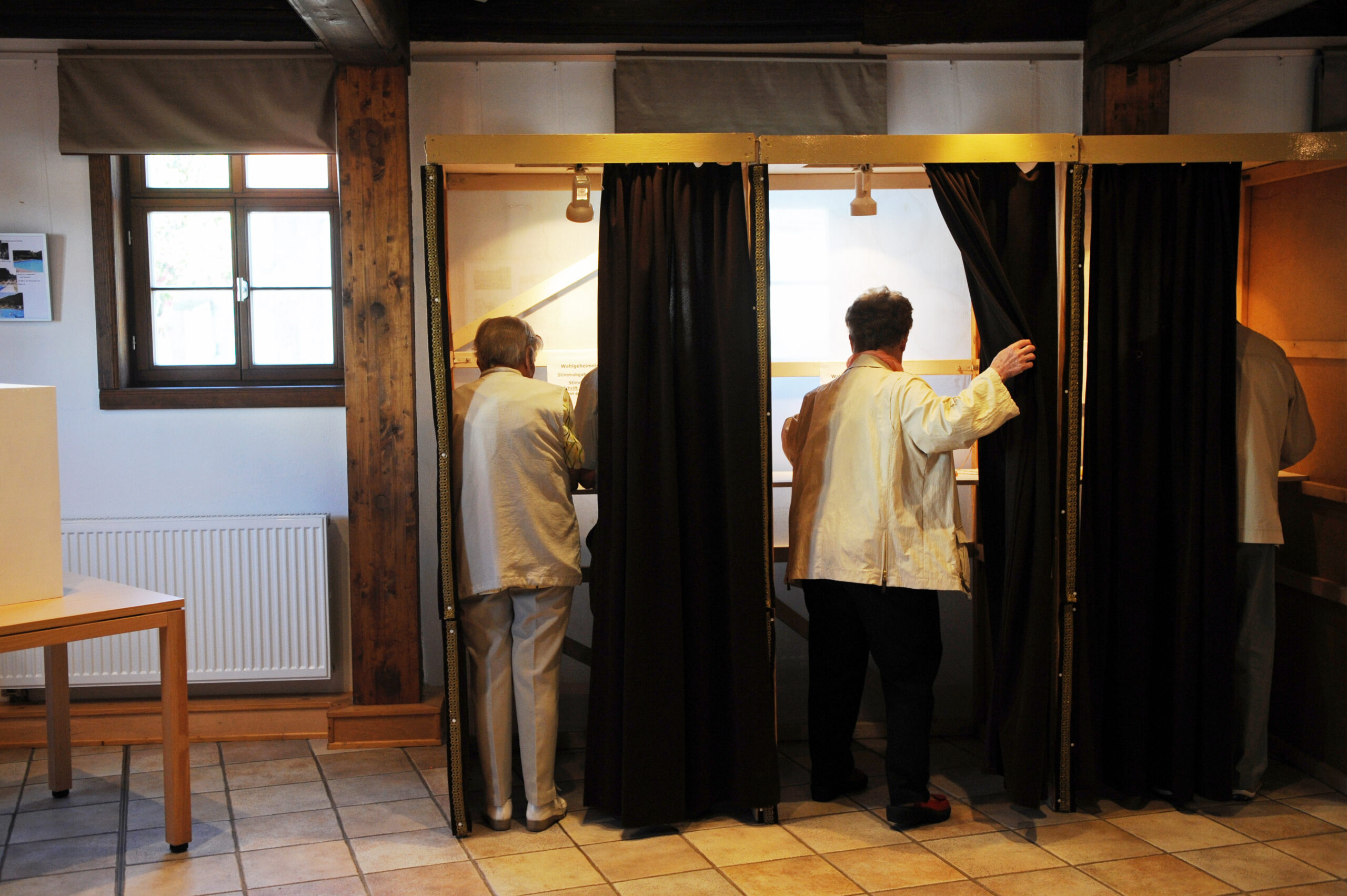Let’s illustrate those positions by analysing the vote in the European Parliament plenary in favor of a fast adoption for “Act in Support of Ammunition Production” (ASAP). 446 MEP voted in favor, just 67 lawmakers voted against, with 112 abstaining.
EPP, S&D and Renew in large majority voted in favor. Same goes for the ECR group. On the far right (Identity and Democracy group), only the Italian’s Liga voted in favor. The rest of the group was divided and voted against or abstained. This is true among MEP of the same national groups like Germany’s member of AfD or France’s Rassemblement National. In the Left group, no MEP voted in favor of the proposal but the group got divided, voting against or abstaining, as usual by nationalities. Among the Greens, the majority decided to abstain while only 8 MEP (Italian and Spanish) voted against the proposal.
However, the tendency in favor of defence is starting to show its limits. The negotiations around EDIRPA, a key element to strengthen the European defence market via joint procurement incentives, is a good example of it.
